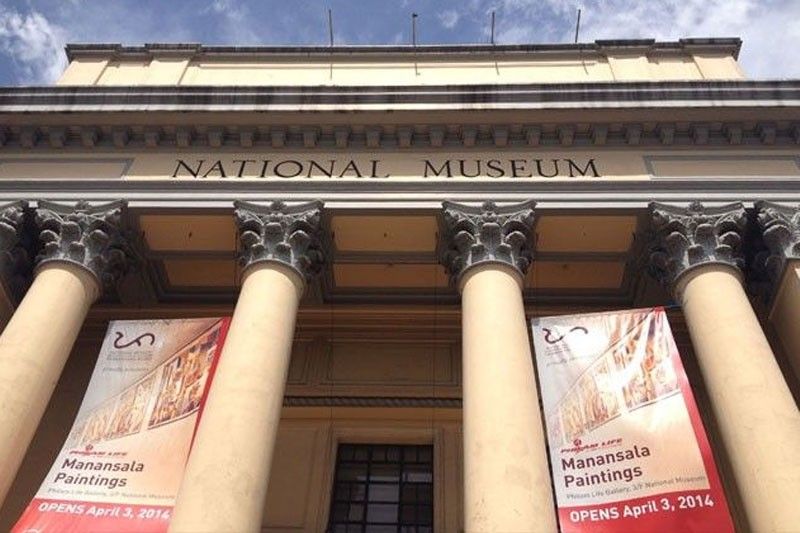Manila museums, destinations accessible from North Luzon

MANILA, Philippines — Manila has been one of the key cities that sits at the forefront of important historical events that shaped our nation.
To better understand and learn about this, you can visit Manila museums, which house the biggest collections of artifacts and artworks from pre-colonial Philippines up to this day.
The North Luzon Expressway (NLEX) Connector opened the doors to unforgettable Manila experience for those from the northern part of Luzon.
A prominent landmark in Manila, the National Museum of Fine Arts is a must-visit, as it showcases the evolution of Philippine art with 29 galleries and hallway exhibitions composed of 19th-century Filipino masters, National Artists, leading modern painters, sculptors, and printmakers.
There’s also the National Museum of Natural History located at the former building of the Department of Tourism, with neoclassical architecture and 12 permanent galleries that exhibit the Philippines’ rich biological and geological diversity.
Go deeper into the heart and soul of the Philippines when you also visit The National Museum of Anthropology. It is a treasure trove of cultural artifacts in Manila that offers a meaningful journey into the Philippines' rich history and diverse ethnicities.
All these museums are just a walking distance from each other as these attractions are situated just within the same area. If you are starting with the National Museum of Fine Arts, take the NLEX Connector España Exit going to Quiapo, Manila then head toward Ermita and find its building along T.M. Kalaw Ave.
For the National Museum of Natural History, head toward Agrifina Circle inside Rizal Park, while the National Museum of Anthropology is just located at P. Burgos Drive, also within Rizal Park.
Another museum to visit in España, Manila is the UST Museum. Established in 1867, it is considered as the oldest existing museum in the Philippines. It showcases pre-colonial artifacts, the Philippine revolution era, and an ethnographic collection. It’s also rich in collections of flora and fauna specimens, including fossils, insects, and marine life.
There’s also something to discover at the official residence of the Philippine presidents. By heading toward the Malacañang Complex in San Miguel, Manila via the NLEX Connector Magsaysay Avenue Exit, you’ll find a cluster of heritage houses that shows a glimpse of how the past presidents lived their lives and the Filipino culture, as well.
There’s Bahay Ugnayan, which is also a museum that highlights President Ferdinand Marcos Jr.’s presidential journey; The Goldberg Mansion, a French-inspired mansion; and Teus Mansion, a 19th-century historical residence that now serves as Presidential Museum.
Dubbed as Manila’s "Last Lung," Arroceros Forest Park is a refreshing delight to see and experience at the heart of the metro. Guests can exercise, walk, admire the landscaped gardens, and breathe in fresh air with over 3,000 trees surrounding the area. The park is in Antonio Villegas Street, Manila (near the corner of Padre Burgos Ave. and Taft Ave.); accessible via the NLEX Connector España Exit.
RELATED: Repurposed 'King of the Road': A history of Philippine Jeepney



















